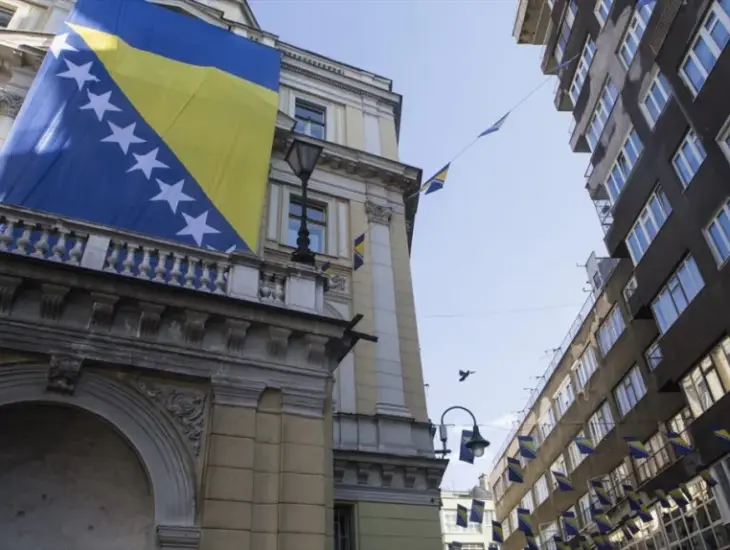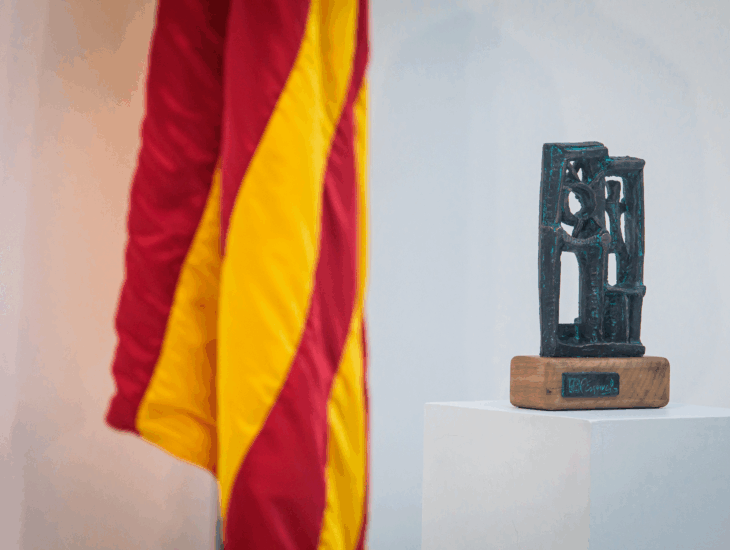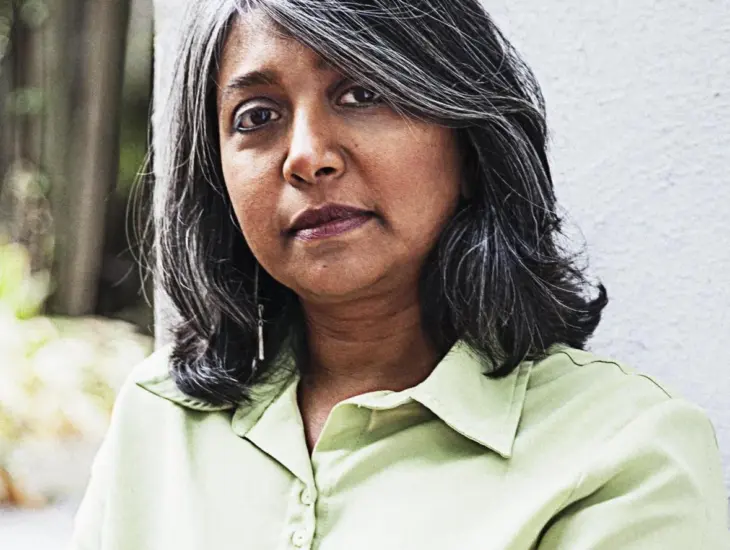After evaluating the 23 valid candidacies received, the ICIP Board of Governors has decided to grant the ICIP Peace in Progress Award 2022 to all the civil society peace initiatives of the Basque Country “for their contribution to the advancement of peace, the end of political violence and the creation of new frameworks of coexistence and reconciliation.” These initiatives include several groups and NGOs, some of which have played a key role in advancing towards resolution of the conflict, such as the Permanent Social Forum and the now-dissolved Coordinadora Gesto por la Paz and Elkarri/Lokarri.
Also included are entities that work for peace education, and the promotion of coexistence and human rights, through the Forum of Associations for Peace and Human Rights Education, where Gernika Gogoratuz plays an important role. Finally, the award honours the dialogue initiatives led by victims, such as the Citizens-Memory Lab Meetings or the Restorative Encounters between prisoners and victims of ETA
The winning candidacy was presented by the Catalan organization Fundipau, which emphasized that “in the context of the tenth anniversary of the end of ETA and the evolution of Basque society towards a level of coexistence, peace and reconciliation – still very precarious, but unimaginable just twenty years ago – we believe it is necessary to recognize, highlight and applaud the role of civil society.”
The Basque peace process features the singularity of not having a peace agreement. The leading role in the rejection of violence, the promotion of social and political dialogue initiatives, and the defence of the rights to truth, memory, justice and guarantees of non-repetition have fallen on the associative fabric – a fabric as diverse in its perspectives, priorities and strategies as society itself.
The ICIP Peace in Progress Award 2022 will be presented in a ceremony at the Parliament of Catalonia in September, on the International Day of Peace.
The following are some of the initiatives featured in the winning candidacy:
Foro Social Permanente (2016 – present)
This initiative, consisting of 17 civil society organizations, was created in 2016 – five years after ETA’s definitive end to armed activity – to address fundamental issues for the transition to peace in the absence of a formal negotiation table: ETA’s disarmament, the recognition of all the victims of the conflict, the need to put an end to the exceptional nature of the penitentiary measures applied to ETA prisoners, and the construction of a critical memory with which society as a whole can identify.
Coordinadora Gesto por la Paz de Euskal Herria (1989-2013)
Gesto was founded with the aim of expressing a rejection of violence and defending, above all, the fundamental right to life. It took to the streets for the first time in 1985, using silence as its gesture to dissociate itself from the violence that was taking place in the Basque Country and Navarre – mainly against the ETA attacks, but also against the attacks perpetrated by GAL and the illegal actions of the police forces. This pioneering initiative generated an ethical awareness in a very polarized context where gestures for peace could be questioned by certain sectors of society. In 2011, after ETA’s announcement of an end to armed activity, Coordinadora Gesto por la Paz announced its dissolution.
Elkarri (1992-2006) / Lokarri (2006-2015)
Elkarri was founded in 1992 with the aim of promoting “mobilization in favour of a peaceful solution to the Basque conflict or problem through dialogue.” It promoted meeting places to facilitate social and political agreements and focused on the recognition of all the victims of the conflict. In 2006, the association became known as Lokarri in order to reinforce its commitment to a negotiated solution to the Basque conflict. Lokarri was the promoter of the Aiete Conference, in October 2011, which preceded ETA’s announcement of an end to violence. In 2015, Lokarri was dissolved after considering that the peace process in the Basque Country was irreversible once the objectives of the end of ETA violence and the legalization of Sortu had been achieved.
Gernika Gogoratuz – Centro de Investigación pro la Paz (1987- present)
Gernika Gogoratuz (Remembering Gernika) is a Peace Research Center created in 1987, the 50th anniversary of the Bombing of Gernika, and carries out its work in the field of memory and the culture of peace. Its goal is to contribute to peacebuilding in the Basque Country and worldwide. The centre features a specialized library with 6,200 volumes.
Foro de Asociaciones de Educación en Derechos Humanos y por la Paz (2007 – present)
This is a network of associations whose aim is to contribute to the culture of peace and the promotion of human rights. It comprises some twenty organizations, including Baketik, a foundation established in 2006 to promote social and personal change, in an ethical sense; Bakeola, an organization dedicated to promoting coexistence; and the Fernando Buesa Foundation, established in memory of and in tribute to Fernando Buesa, assassinated by ETA, with the aim of keeping his example – in favour of the culture of peace, democracy and social progress – alive.
Encuentros restaurativos (Restorative Encounters) (2011-2012)
The so-called Restorative Encounters were meetings between people who had suffered the direct violence of ETA – either as direct victims or as family members – and people who had committed violence and who at the time were serving prison sentences. The encounters stemmed from the desire of some inmates of the Nanclares de Oca prison to reach out to their victims as part of their internal process of separating themselves from the practice of violence. Between 2011 and 2012, a total of 14 meetings between victims and perpetrators were held, with the support of the Directorate for Victims of Terrorism of the Basque Government and the Department of Penitentiary Institutions.
Memoria Lab Encuentros Ciudadanos (Citizen Encounters) (2013-2018)
Memory Lab is a citizen participation program for the social construction of memory in the Basque Country that emerged in 2013, one and a half years after the definitive end to ETA’s armed activity. The initiative was created by three organizations with extensive experience in the culture of peace and human rights: Gernika Peace Museum Foundation, Bakeola and Gernika Gogoratuz. From the outset, the program was based on social laboratory logic with a dual purpose: to promote the social construction of memory and to foster social relations based on nonviolent coexistence and respect for civic pluralism, and sustained by democratic values.
Other initiatives featured in the global candidacy include the Gernika Peace Museum Foundation, Argituz, Ahotsak, emaGune, UNESCO Etxea, Eskubidez, Bakea Orain, Denon Artean and Foro Ciudadano Donostia.
ICIP Peace in Progress Award
The ICIP Award has reached its eleventh edition this year. The purpose of the award, established in 2011, is to publicly recognize people, organizations or institutions that have worked for, and contributed to, the promotion and building of peace in a prominent and extensive manner.
The award consists of public recognition, a sculpture, called Porta del Sol, created by Nobel Peace Prize winner, artist and activist Adolfo Pérez Esquivel, and an economic endowment of 6,000 euros. The presentation of the award takes place annually at an institutional ceremony at the Parliament of Catalonia.
Previous recipients of the ICIP Peace in Progress Award include Julienne Lusenge (2020); Collectif de Familles de Disparu(e)s en Algérie (2019); Cauce Ciudadano, Mexico (2018); Arcadi Oliveres (2017); Peace Brigades International (2016); Joan Botam (2015); Women’s International League for Peace and Freedom (2014); Jovan Divjak, Bosnia (2013); Madres de Soacha, Colombia (2012); The Struggle of Conscientious Objectors and those who refuse military service, represented by Pepe Beúnza (2011); and the Parliament of Catalonia (2011, extraordinary edition).
Previous recipients of the ICIP Peace in Progress Award include Julienne Lusenge (2020); Collectif de Familles de Disparu(e)s en Algérie (2019); Cauce Ciudadano, Mèxic (2018); Arcadi Oliveres (2017); Peace Brigades International (2016); Joan Botam (2015); Women’s International League for Peace and Freedom (2014); Jovan Divjak, Bosnia (2013); Mares de Soacha, Colòmbia (2012); The Struggle of Conscientious Objectors represented by Pepe Beúnza (2011); and Parlament de Catalunya (2011, extraordinary edition).




